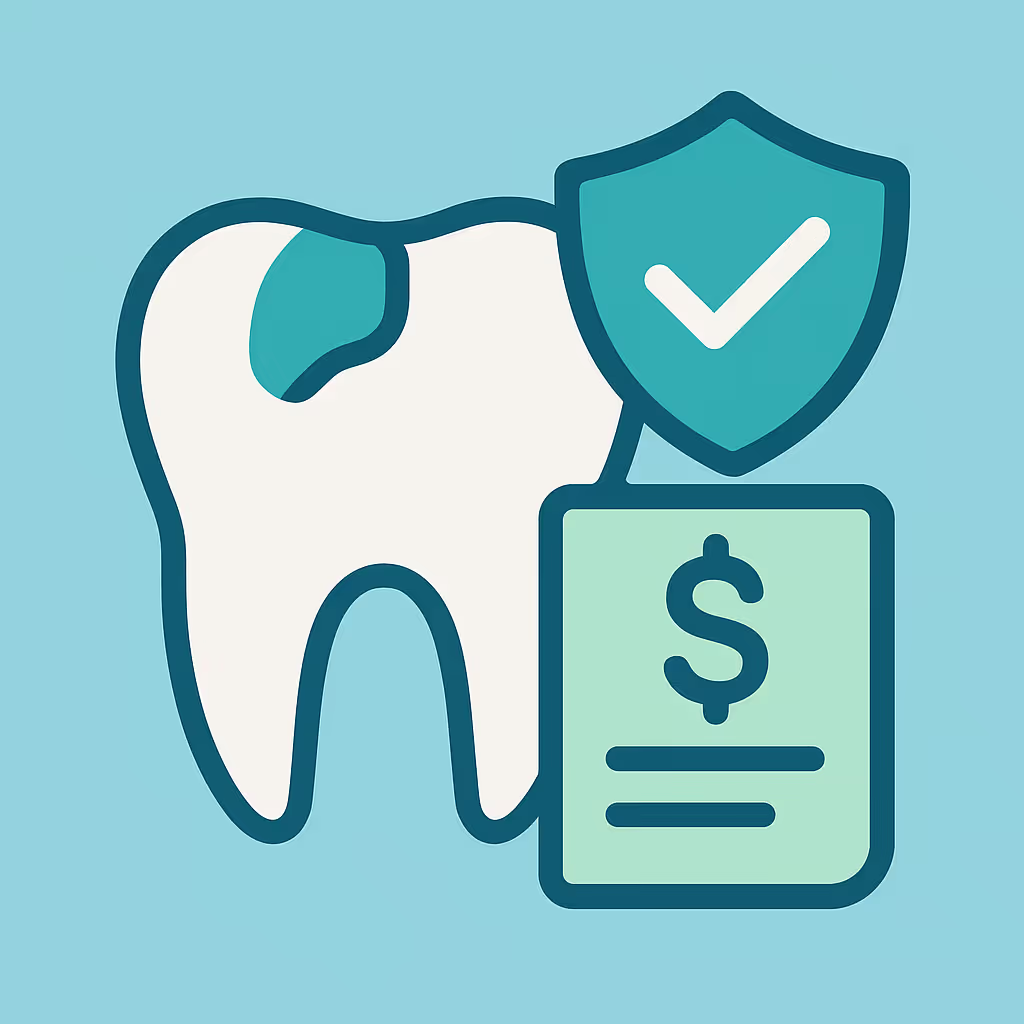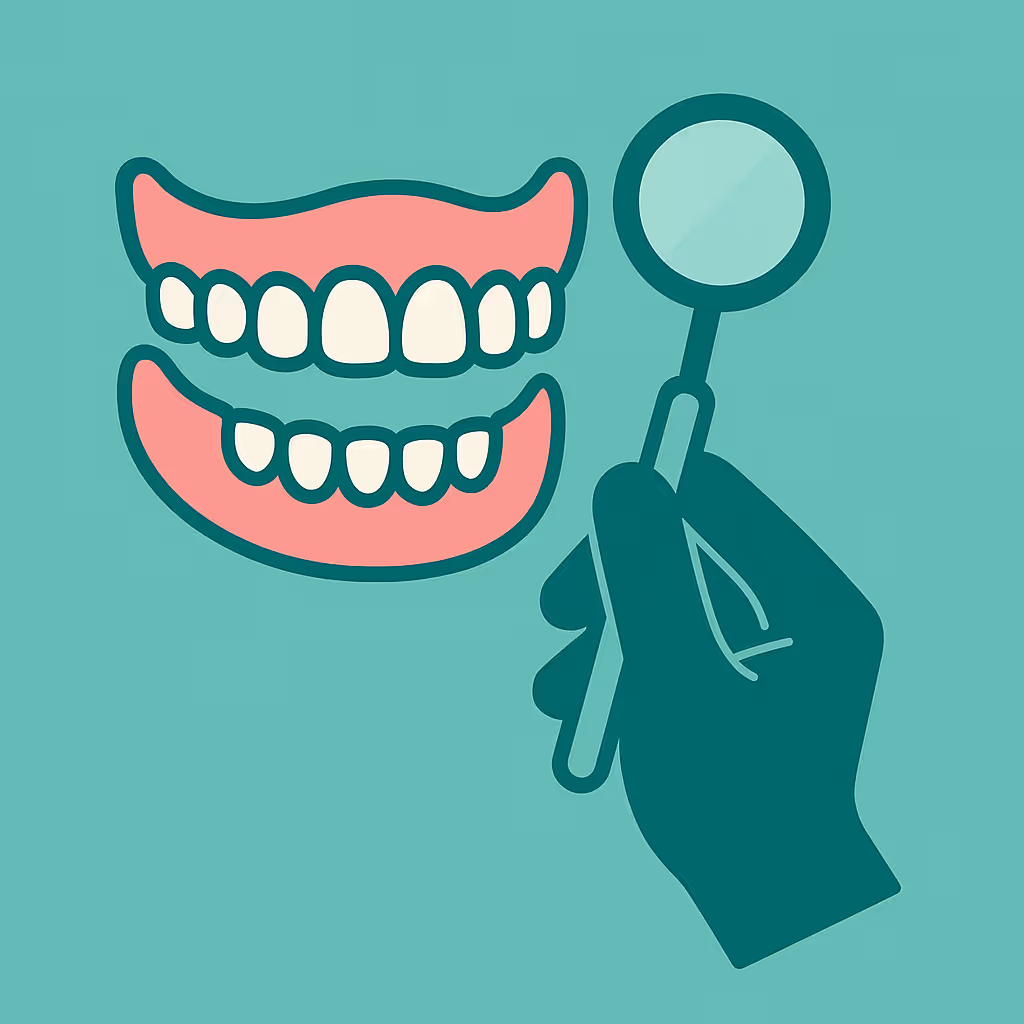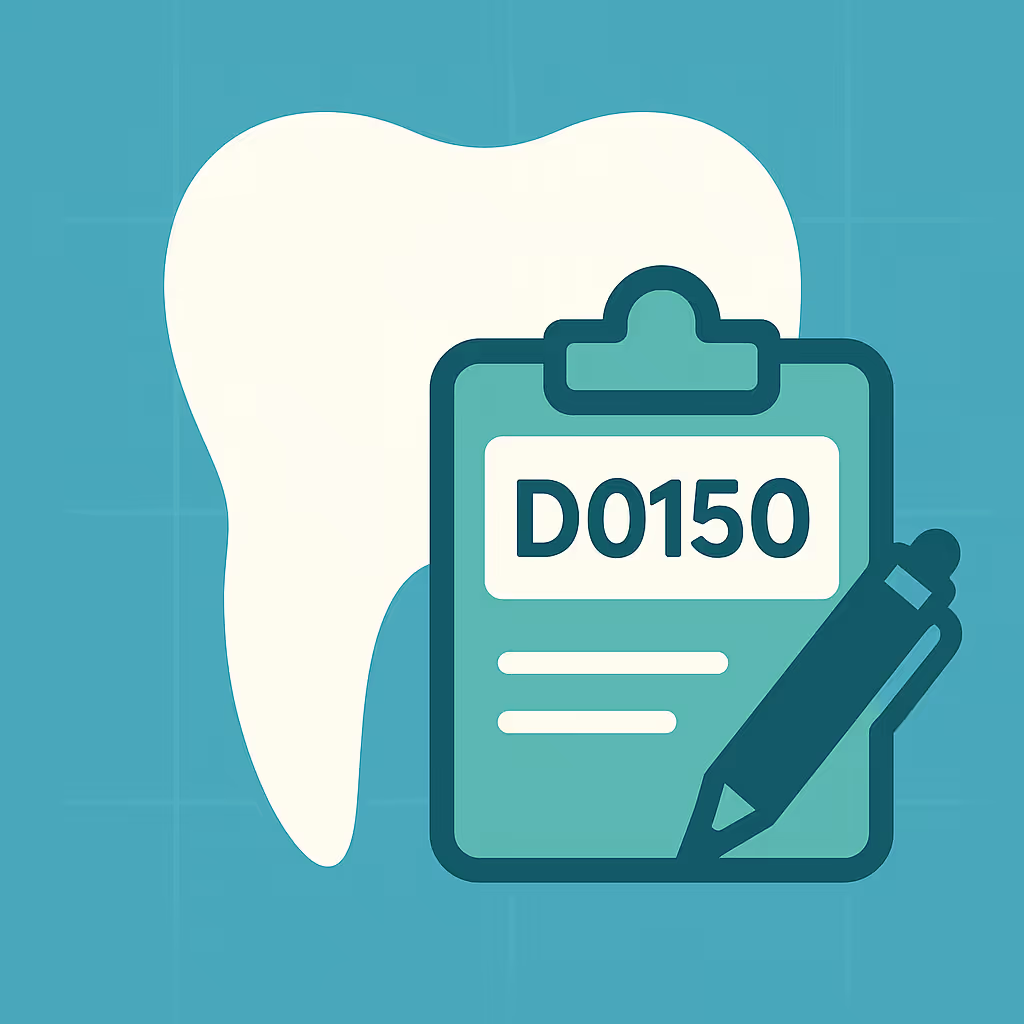Understanding Dental Code D0423
When to Use D0423 dental code
The D0423 dental code is designated for "genetic test for susceptibility to diseases – specimen analysis." This CDT code is used when a dental provider collects and analyzes a specimen—typically saliva or buccal cells—to assess a patient’s genetic risk for specific oral health conditions, such as periodontal disease or caries susceptibility. Use D0423 only when the genetic test is medically necessary, ordered by a licensed dental professional, and performed as part of a comprehensive risk assessment or treatment planning process. It should not be used for routine screenings or non-specific genetic inquiries.
Documentation and Clinical Scenarios
Proper documentation is critical for successful reimbursement and compliance. When using D0423, ensure the patient’s chart includes:
- Detailed clinical notes explaining the rationale for genetic testing (e.g., family history, recurrent periodontal issues, or non-responsive treatment).
- Medical necessity documentation, including risk factors and how results will impact the treatment plan.
- Consent forms signed by the patient for genetic testing.
- Lab report or analysis results attached to the patient’s record.
Common clinical scenarios include patients with aggressive periodontitis, unexplained oral health deterioration, or those with a strong family history of dental diseases. In these cases, D0423 supports evidence-based, personalized care.
Insurance Billing Tips
Billing for D0423 requires careful attention to payer policies, as not all dental or medical insurance plans cover genetic testing. Here are actionable steps for maximizing reimbursement:
- Insurance verification: Before performing the test, verify with the patient’s insurance whether D0423 is a covered benefit and if pre-authorization is required.
- Claim submission: Submit claims with clear clinical documentation and attach lab reports. Use accurate CDT coding and include supporting narratives when needed.
- Explanation of Benefits (EOB) review: Monitor EOBs for denials or requests for additional information. If denied, review the reason and prepare a detailed appeal with supplemental documentation.
- Alternative coding: If D0423 is not covered, consider whether other related codes (such as those for risk assessment or consultation) may be applicable. Always ensure coding reflects the actual services rendered.
Staying up-to-date with payer guidelines and maintaining thorough records will streamline the accounts receivable (AR) process and reduce claim rejections.
Example Case for D0423
Case Study: A 38-year-old patient presents with persistent periodontal inflammation despite standard non-surgical therapy. The dentist notes a family history of early tooth loss and recommends genetic testing to assess susceptibility to aggressive periodontitis. After obtaining informed consent, a saliva specimen is collected and sent for analysis. The results confirm a genetic predisposition, prompting a tailored treatment plan and more frequent maintenance intervals. The dental office bills D0423, includes all supporting documentation, and successfully secures reimbursement after verifying coverage and submitting a detailed narrative.
This example highlights the importance of using D0423 appropriately, documenting thoroughly, and following best practices in dental billing to support optimal patient care and practice revenue.





